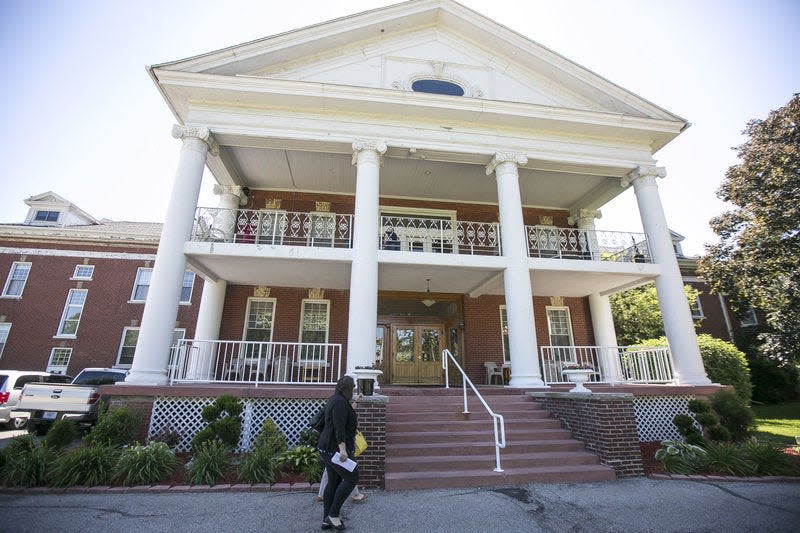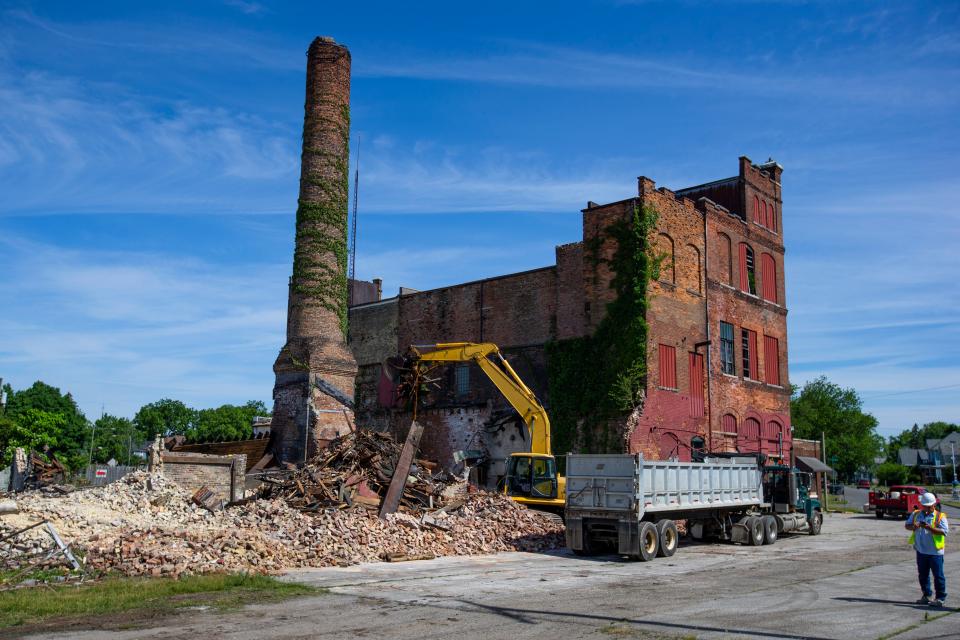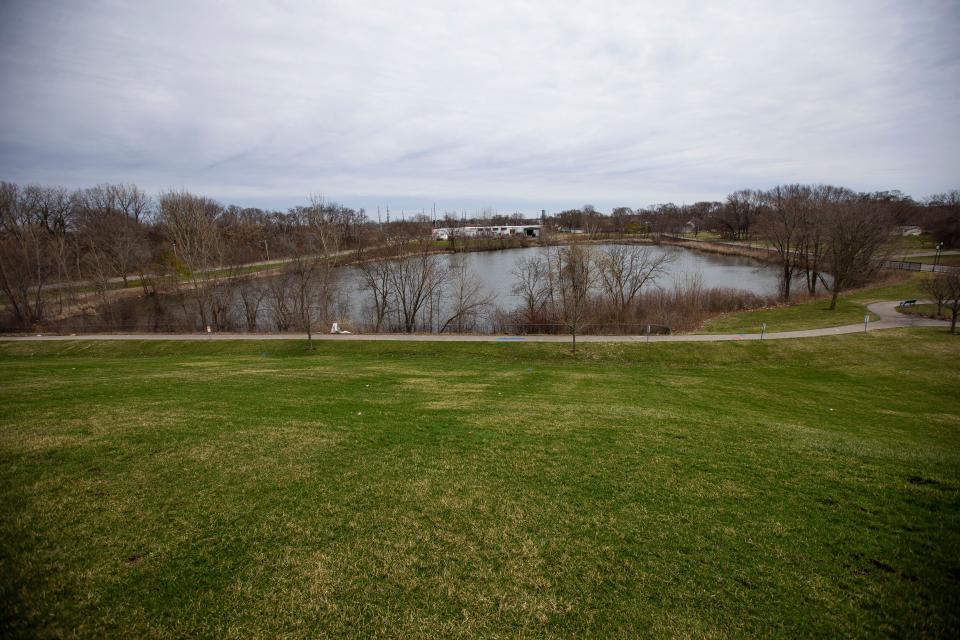2022 in Review: The region's top government and environmental stories
The future of Portage Manor

At the end of a decade-long drain of money from Portage Manor health care facility, St. Joseph County officials expect to decide early in 2023 whether to build a new site to house more than 100 residents or to find a place to relocate them.
If they choose to build, two county-owned sites are in consideration for a new building projected to cost at least $25 million. One is the 114-acre tract just south of the Indiana Toll Road on which the facility now sits. But a potentially cheaper option is a strip of land wedged in between Healthwin senior living facility and Clay Township Park.
While plans are up in the air, residents, who are either under 65 with mental or physical disabilities or older than 65, and their families are left worried. The uncertainty has been worsened by two administrators leaving since last September, including one who stayed for only four months, as well as worries that a private developer would buy the Portage Manor site and build an apartment complex.
A historic building demolished

Historic preservation advocates were dismayed to see the former South Bend Brewing Association building demolished and replaced with a dirt lot in a matter of weeks this summer.
Built in 1905 and added to the National Register of Historic Places in 2001, the uniquely shaped building at 1636 Lincoln Way West was until the mid-20th century the place where a group of Polish, German and Hungarian tavern bosses made their brews.
After decades of disinvestment, a new owner bought the property for about $5,000 in 2019 with the intent to transform it into housing.
But portions of the four-story structure quickly deteriorated because of neglect. City officials said there was a legitimate concern the building’s northwestern brick face could topple into adjacent roads.
The city now seeks to force the site owner, Acme Water World owner Jason Miller, to pay nearly $786,000 for the emergency demolition — more than 150 times what he paid for the land and building.
The effort was part of more than $4 million in the 2022 budget allotted to tearing down similar large, unused commercial buildings such as the former Drewrys Brewery.
The South Bend-St. Joseph County Historic Preservation Commission voted 4-4 against the plan to demolish the building, invoking the “inglorious tradition” of urban renewal programs that gutted downtown decades ago.
Under city ordinance, historic landmarks “shall not be demolished.” But the exception is when the city proves that allowing a building to stand is a threat to public safety, which officials did with a structural survey and photos.
Mishawaka's downtown City Hall
An empty Liberty Mutual Insurance building at Main Street and Lincoln Way West — smack dab in downtown Mishawaka — posed a question to city leaders: Demolish it or put it to use?
The answer was to buy it, renovate it and to combine City Hall, the police station and the business offices of Mishawaka Utilities under one roof in a $20 million renovation of the structure at 100 Lincoln Way W.
Photos:Look inside the new Mishawaka City Hall
Construction began in 2021 and was completed in September 2022, which allowed the staged moving of the three city entities.
This "one-stop shopping" concept open its doors this fall as Mishawaka completely renovated the nearly 100,000-square-foot former insurance building for city's use.
All city governmental functions that were done at the former Bingham School on East Sixth Street were moved into the renovated building, as was the police station that sat on prime riverfront land by the Riverwalk. As for the Mishawaka Utilities business offices, the aging building at Church Street was sold as part of a land development package to Beacon Health System for future construction of a medical clinic and related services.
A history of toxic waste dumping

Nearly 40 years after the Environmental Protection Agency became aware of toxic waste dumped in LaSalle Park, a city park that's the namesake of a historically Black neighborhood on South Bend’s west side, workers finished a “time-critical” cleanup this October.
The 45-acre city park was added to a list of polluted “Superfund” sites in 2013, permitting the EPA to hold the city and Honeywell International accountable for $5 million of soil testing and the $2.2 million cleanup.
Honeywell’s predecessor, the automobile and aviation parts manufacturer Bendix Corp., reported to the EPA that it dumped waste from the 1930s to the 1950s at the site of the present-day park. The waste, Bendix said, “may have included” heavy metals, solvents and “foundry and cyanide wastes,” among other potential toxins.
From August to October, contractors removed and replaced soil from the ground to remove traces of lead. Plans for rebuilding the park include adding new basketball courts, an outdoor restroom and a roller skating area.
While the EPA says the park hasn’t been an imminent threat to guests, nearby residents and the area’s representative on the South Bend Common Council shared the difficulty they have trusting such claims. Residents also lamented the low percentage of minority-owned subcontractors being paid for the cleanup.
Known as The Lake, the LaSalle Park neighborhood was for much of the 20th century one of a few places where people of color lived in South Bend. During the city’s industrial boom of the early 1900s, the area became the city’s “heart of African American life,” according to the Civil Rights Heritage Center.
This article originally appeared on South Bend Tribune: 2022 year in review government environment south bend

